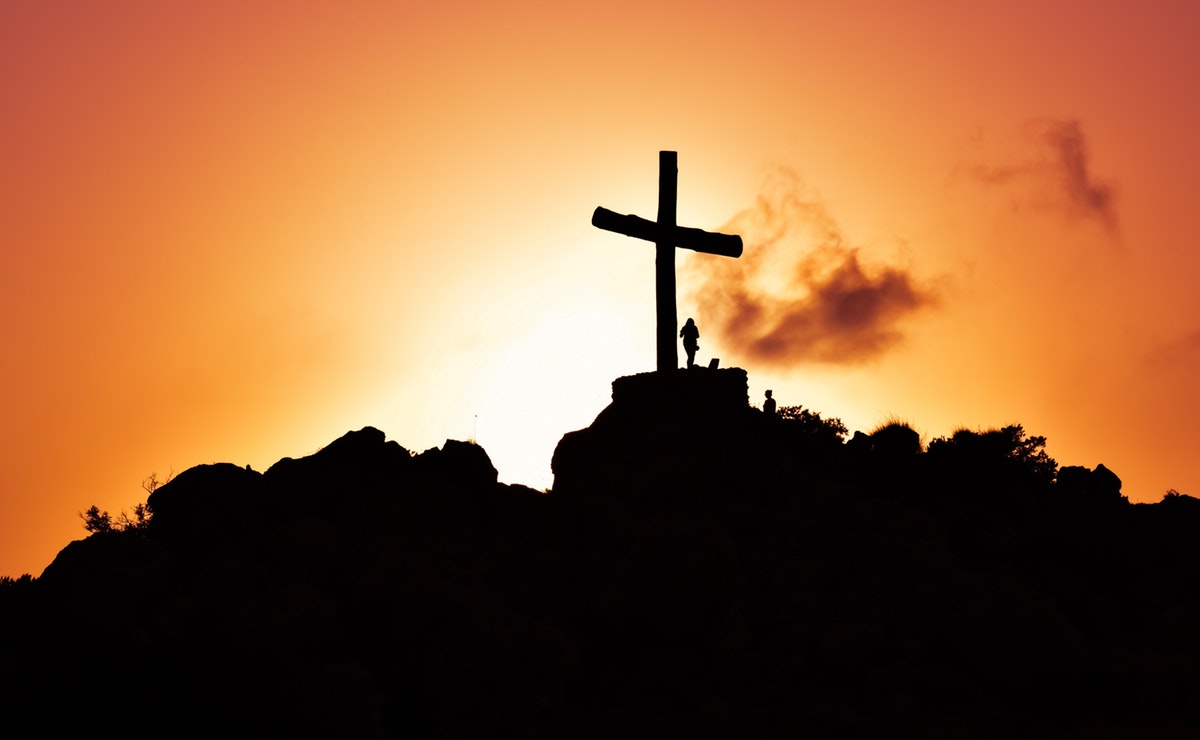Statements of the Church's faith
The Church of Scotland believes in God, Father, Son and Holy Spirit and proclaims Jesus Christ crucified, risen, and glorified.

Our standards of belief are to be found in the Old and New Testament and in the Church's historic Westminster Confession of Faith. For a brief summary of our beliefs, it is useful to look at the Apostles' Creed, which is used by many churches in declaring Christian faith:
"I believe in God the Father Almighty, maker of Heaven and Earth, and in Jesus Christ His only Son our Lord, who was conceived by the Holy Ghost, born of the Virgin Mary, suffered under Pontius Pilate, was crucified, dead, and buried; he descended into hell.
"The third day he rose again from the dead, he ascended into Heaven, and sitteth on the right hand of God the Father Almighty; from thence he shall come to judge the quick and the dead.
"I believe in the Holy Ghost; the Holy Catholic Church; the Communion of Saints; the Forgiveness of Sins; the Resurrection of the Body; and the Life Everlasting."
Church of Scotland statement
This creedal statement was approved by the General Assembly of 1992. You can find this statement in the Church's worship book, Common Order. It is used alongside the Apostles' Creed and the Nicene Creed, ancient creeds of the church:
We believe in one God:
Father, Son, and Holy Spirit.
God is love.
We praise God the Father:
Who created the universe and keeps it in being.
He has made us his sons and daughters to share his joy,
Living together in justice and peace,
Caring for his world and for each other.
We proclaim Jesus Christ, God the Son:
Born of Mary, by the power of the Holy Spirit,
He became one of us, sharing our life and our death. He made known God's compassion and mercy
Giving hope and declaring forgiveness of sin, offering healing and wholeness to all.
By his death on the cross and by his resurrection He has triumphed over evil.
Jesus is Lord of life and of all creation.
We trust God the Holy Spirit:
Who unites us to Christ and gives life to the Church,
Who brings us to repentance and assures us of forgiveness.
The Spirit guides us in our; understanding of the Bible,
Renews us in the sacraments
And calls us to serve God in the world.
We rejoice in the gift of eternal life:
We have sure and certain hope of resurrection through Christ, and we look for his coming again to judge the world.
Then all things wilI be made new.
And creation will rejoice in worshipping the Father, through the Son, in the power of the Spirit,
one God, blessed for ever.
Amen.
Westminster confession of faith
The Westminster Confession of Faith asserts the real presence in the Sacrament, the supreme authority of God's Word, and the catholicity of the Church, made distinctive by three characteristics: the true preaching of the Word, the right administration of the Sacraments, and discipline.
The Westminster Confession of 1647 superseded but did not cancel out the original Scots Confession of 1560, drawn up by six "Johns": Knox, Willock, Winram, Spottiswoode, Row, and Douglas in supposedly six days, which was accepted by Presbyterians and Episcopalians alike.
The full Confession of Faith was agreed upon by the Assembly of Divines at Westminster and examined and approved in 1647 by the General Assembly of the Church of Scotland and ratified by Acts of Parliament in 1649 and 1690.
Declaratory Act
In May 1986 the General Assembly of the Church of Scotland passed the Declaratory Act, in which the Church disassociates itself with certain statements in the Westminster Confession of Faith. The full text of the act is included below.
V. Declaratory Act Anent The Westminster Confession of Faith
Edinburgh, 21st May 1986, Session 6.
The General Assembly declare as follows:-
1. This Church no longer affirms the following contents of the Westminster Confession of Faith:
Chap. 22, Section 7
"Popish monastical vows of perpetual single life, professed poverty and regular obedience are so far from being degrees of higher perfection, that they are superstitious and sinful snares in which no Christian may entangle himself."
Chap. 24, Section 3
"… such as profess the true reformed religion should not marry with Infidels, Papists or other idolators."
Chap. 25, Section 6
"He (the Pope of Rome) is Antichrist, that Man of Sin and Son of Perdition, that exalteth himself in the Church against Christ, and all that is called God."
Chap. 29, Section 2
"… so that the Popish Sacrifice of the Mass (as they call it) is most abominably injurious to Christ's one only Sacrifice, the alone Propitiation for all the sins of the Elect."
2. This Church therefore dissociates itself from the above statements and does not require its office-bearers to believe them.